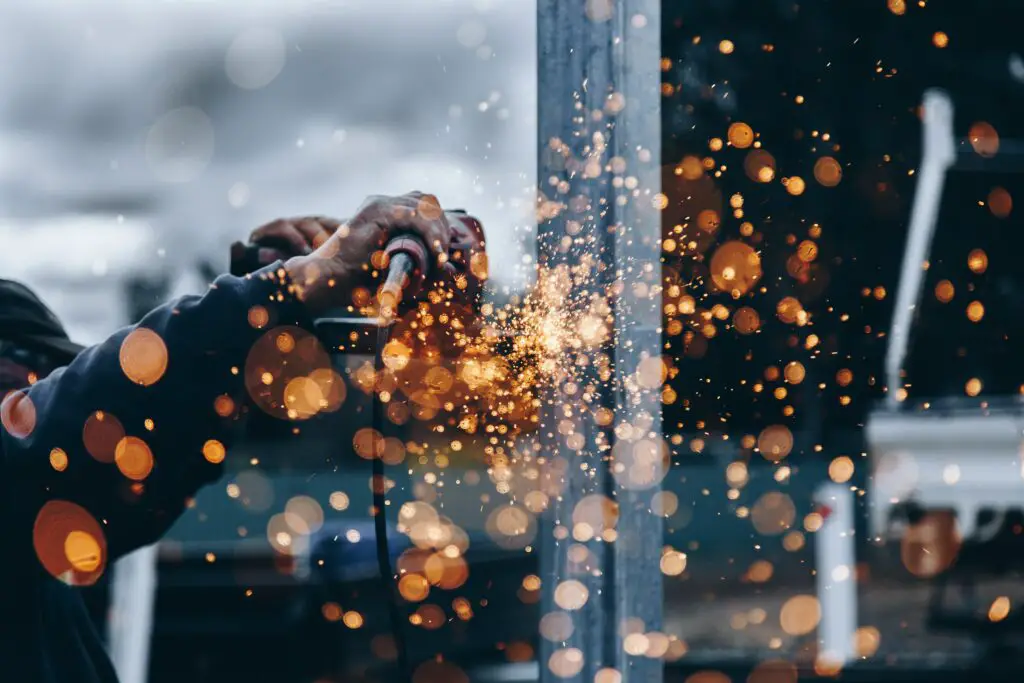A recent report by the International Association of oil and gas producers reveals that the fatal accident rate in 2019 was 0.82 deaths per 100 million hours worked compared to 1.01 in 2018, according to HSE Now. While the fatality accident rate in the oil industry has reduced, oilfields still rank as the most dangerous places to work in. Fires and explosions, being struck by heavy equipment, and getting caught in or caught by high-pressure pipelines and vehicles are some of the safety risks workers face. Fortunately, companies can mitigate these risks by rethinking health and safety measures around the workplace. Proper maintenance of machinery and adopting new monitoring technologies go a long way in keeping oilfields safe. Below are a few things companies in the oil industry can do to enhance worker safety.

Promote A Strong Safety Culture
Maintaining high safety performance in the oil industry entails more than following a checklist. It depends a lot on the safety culture a company has established. To mitigate risks, employees, from top-level managers to outsourced contractors and shift employees, must commit to improving safety. Setting goals and holding the workforce accountable to accomplish them is one way to protect workers from injuries and sickness. It is also necessary to engage employees through safety meetings and training every month. Engagement helps promote personal safety, which results in minimal injuries and increases employee morale. Motivation, recognition, appreciation, and credibility are other aspects to consider when establishing a company-wide safety culture.
Adhere To Health And Safety Regulations
Keeping oil industry workers safe doesn’t impact profitability only but also the company’s right to operate. For this reason, oil companies must understand the safety risks associated with oil extraction and follow regulations set by the government. Organizations that overlook the importance of taking precautions to prevent injuries and illness at the workplace are considered negligent and risk facing penalties and a bad reputation. Negligence also increases the chances of workers filing oilfield accident lawsuits, which results in costly compensations for injuries, medical expenses, and loss of income. To avoid legal and financial implications, employers in the oil industry must maintain workplace safety standards. This entails providing workers with personal protective equipment, use up-to-date tools and machinery, and conduct a risk assessment to reduce hazards in the workplace.
Keep Up With Machine Maintenance
Machines are essential for improving efficiency and productivity in the oilfield environment. But they can also increase the risk of injuries and fatalities when they malfunction. As a general rule, communicate the importance of regular equipment maintenance checks to your employees. Check that all parts in oil drilling machines, truck loaders, high-pressure pipes, and other equipment are in the right place, well-lubricated, and functional. This tactic helps you and your employees detect and fix potential problems that may lead to onsite accidents.
Nurturing a safety culture, maintaining machines in good working conditions, and adhering to health and safety regulations are critical to keeping employees safe. Employers should also prioritize workers’ mental health to prevent accidents that occur due to human error. Most workers in the oil industry experience stress because of the constant pressure to improve efficiency. Building a community and trust among employees, communicating effectively, and providing safety training can make the workplace safe.









